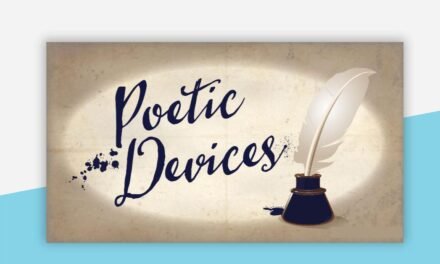How to Learn English Vocabulary
Do you ever get tripped up by those fantastically cryptic words that show up in every conversation or article? You’re not alone! Expanding your English vocabulary can feel like climbing Mount Everest – daunting, overwhelming, and full of unfamiliar territory. But fear not, intrepid language learner! This guide will crack the code on vocabulary acquisition, revealing the secrets to effortlessly integrating new words into your daily English usage. Get ready to ditch the rote memorization and swap it for a fun, frustration-free approach that will have you wielding your newfound vocabulary like a champion.
Stop Wasting Time Memorizing Words! Learn English Vocabulary the Right Way
Do you struggle to remember new English words? You’re not alone! In this video, Maddie from POC English shares a step-by-step guide to learning new vocabulary and using them naturally in your speaking and writing.
The Problem with Traditional Methods
Many learners try to memorize individual words and their translations. This is not only boring but also ineffective. You need context to understand how words are used in real-life conversations and writing.
The Secret to Effective Vocabulary Learning
1. Learn from Text, Audio, and Video Sources
- Text: Textbooks like Oxford Word Skills provide a topic-based approach and clear context for new words.
- Audio: Podcasts like BBC 6 Minute English and Voice of America offer clear pronunciation and transcripts for following along.
- Video: Educational YouTube channels like POC English can visually explain new words and phrases.
2. Organize Your Learning with a Topic-Based Approach
Don’t just write down random words. Categorize them into topics like “Health and Fitness” or “Family and Relationships.” This will help you connect the words and remember them more easily.
3. Activate Your Vocabulary with WPR
- Write: Write down the new words and their definitions.
- Practice: Create sentences or short paragraphs using the new words.
- Review: Regularly revisit your notes and practice using the words in context.
By following these steps, you’ll move words from your passive vocabulary (understanding them when you see or hear them) to your active vocabulary (using them naturally in speaking and writing).
Here are common benefits of learning new vocabulary
-
Improved Communication:
-
Enhanced Reading Comprehension:
-
Better Writing Skills:
-
Increased Confidence:
-
Broader Understanding of Concepts:
-
Improved Critical Thinking:
-
Enhanced Career Opportunities:
-
Cultural Enrichment:
-
Improved Memory and Cognitive Skills:
-
Personal Growth and Achievement:
Conclusion:
Don’t be discouraged if you don’t see results overnight! Building a strong vocabulary is a marathon, not a sprint. But fear not, because the journey itself can be an exciting adventure. As you explore new words and their fascinating connections, you’ll unlock a deeper understanding of English and the world around you. Embrace the fun – watch engaging videos, listen to captivating podcasts, and delve into intriguing articles.
Remember, consistency is key. Dedicate a short time each day to actively using your new words, and soon you’ll find yourself expressing yourself with confidence and clarity. So, ditch the rote memorization and embark on this enriching adventure. After all, the most beautiful language is the one that allows you to communicate effectively and connect with the world around you!







Very interesting information!Perfect just what I was searching for!
Together with every thing which seems to be building throughout this specific subject material, your perspectives tend to be relatively refreshing. Nonetheless, I appologize, but I do not give credence to your entire idea, all be it exhilarating none the less. It would seem to everyone that your opinions are not entirely rationalized and in fact you are generally yourself not totally convinced of your argument. In any event I did appreciate looking at it.